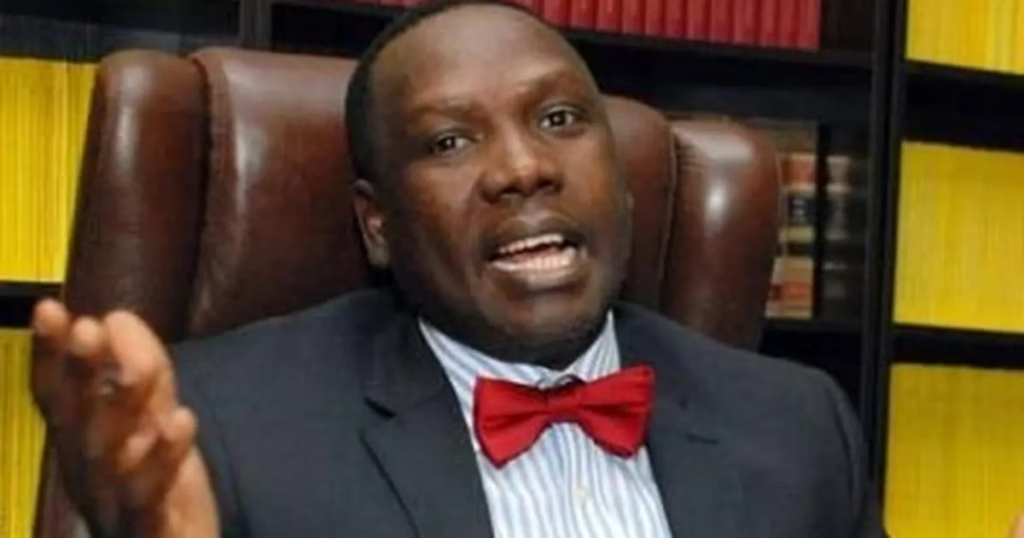A Nigerian presidential spokesperson has called out a U.S.-based academic for allegedly spreading misinformation about the marital status of the late former First Lady Aisha Buhari, sparking renewed discussions about journalistic ethics in the digital age. Daniel Bwala, a representative for Nigeria’s presidency, publicly criticized Farouq Kperogi—a journalism professor at Georgia’s Kennesaw State University—for claiming without evidence on social media that Aisha Buhari had divorced her husband, former President Muhammadu Buhari, before his death in May 2023.
Kperogi’s now-debunked assertion, posted earlier this week on X (formerly Twitter), cited unidentified “inside sources” but provided no verifiable documentation. The claim drew swift backlash from Bwala, who labeled it “lies, blackmail, and fake news” in a Tuesday response on the same platform. “This is what modern ‘journalism’ has become—unverified claims packaged as facts,” Bwala wrote, accusing Kperogi of leveraging his academic credentials to legitimize baseless rumors.
The exchange highlights growing tensions between traditional media gatekeepers and grassroots fact-checking efforts in an era of rapidly evolving information ecosystems. Bwala emphasized that digital tools now enable citizens to “identify and dismantle falsehoods in real time,” referencing the role of Nigeria’s active social media community in debunking the divorce claim. He urged the Nigerian public to reject manipulation by individuals “hiding behind journalism to spread agenda-driven narratives,” stressing that critical thinking remains essential to navigating today’s media landscape.
Aisha Buhari, an advocate for women’s rights and healthcare reform, served as Nigeria’s First Lady from 2015 to 2023. Her husband’s passing after a prolonged illness attracted global attention, with his legacy remaining a sensitive topic in Nigerian public discourse. Observers note that unverified claims about high-profile figures often gain traction during political transitions, particularly in regions with intense media competition.
Kperogi, a frequent commentator on Nigerian politics, has not publicly substantiated his controversial claim nor responded to Bwala’s latest criticism at the time of reporting. The professor’s previous columns criticizing the Buhari administration’s policies have occasionally sparked heated debates about media objectivity and academic engagement in partisan issues.
Ethics experts warn that such incidents risk eroding public trust in institutions, particularly when involving educators in sensitive political discourse. The Media Rights Agenda, a Lagos-based press freedom nonprofit, reiterated calls for enhanced verification standards while cautioning against blanket dismissals of critical reporting. “The solution isn’t to silence voices but to amplify credible information through transparent channels,” said executive director Edetaen Ojo.
As misinformation becomes increasingly sophisticated, Bwala’s remarks underscore a dual reality: while digital platforms empower bad actors to spread fake news, they also provide unprecedented opportunities for civic accountability. His closing admonition—“Don’t let anybody hide under journalism’s pretext to blackmail you”—reflects broader global concerns about information integrity, from Nigeria’s bustling social media spheres to worldwide debates over AI-generated content and deepfakes.
